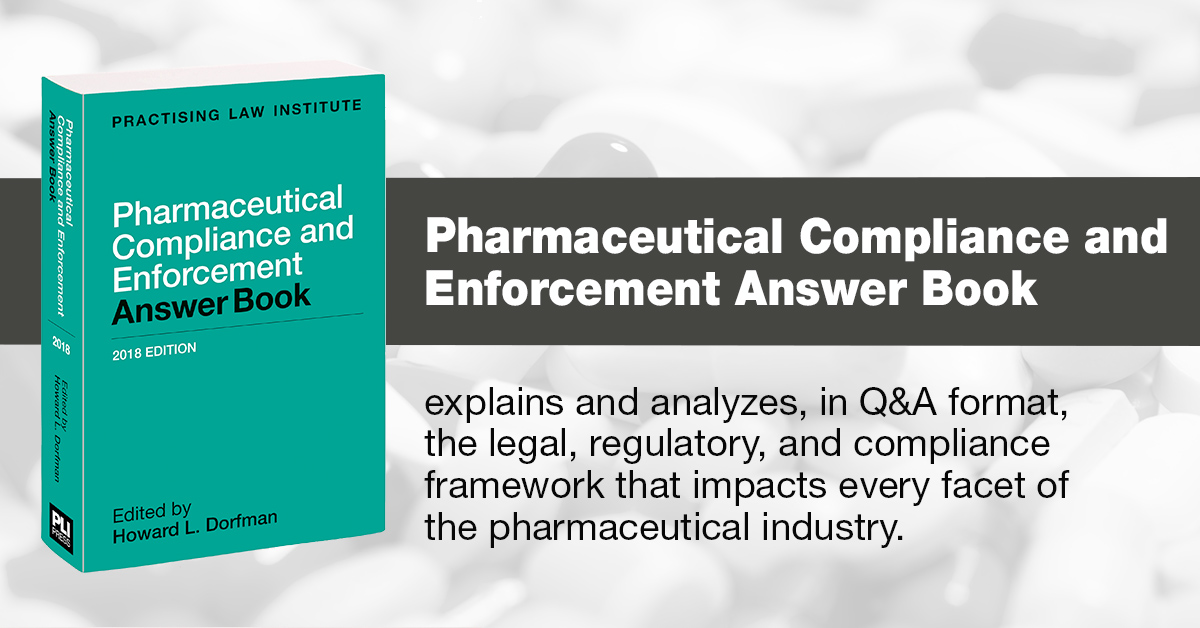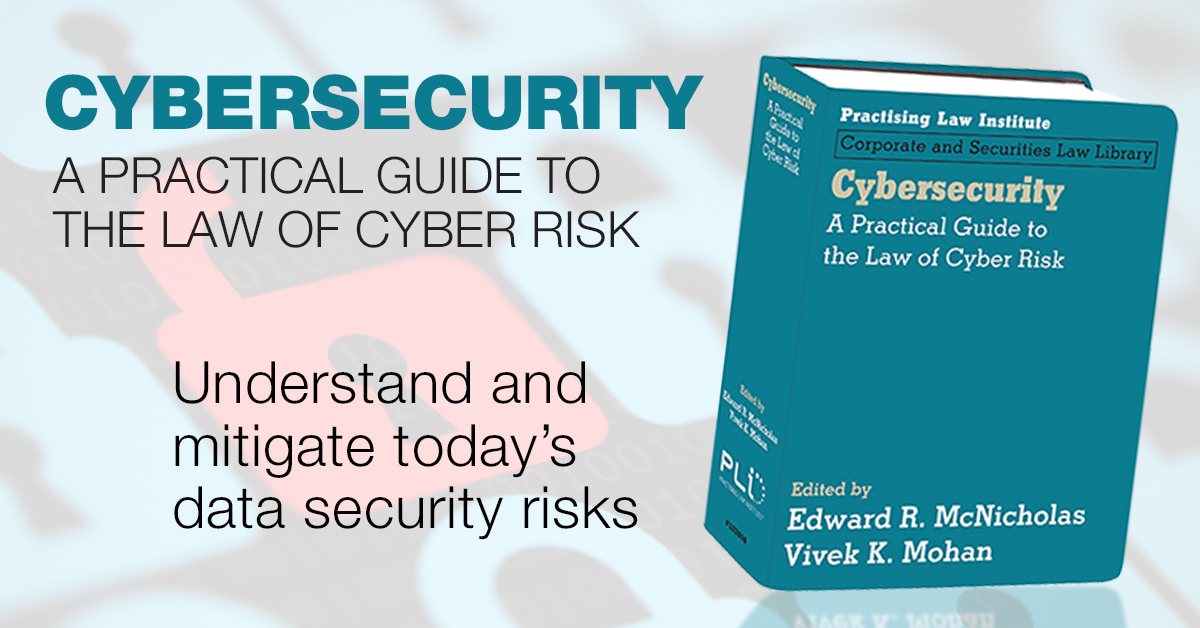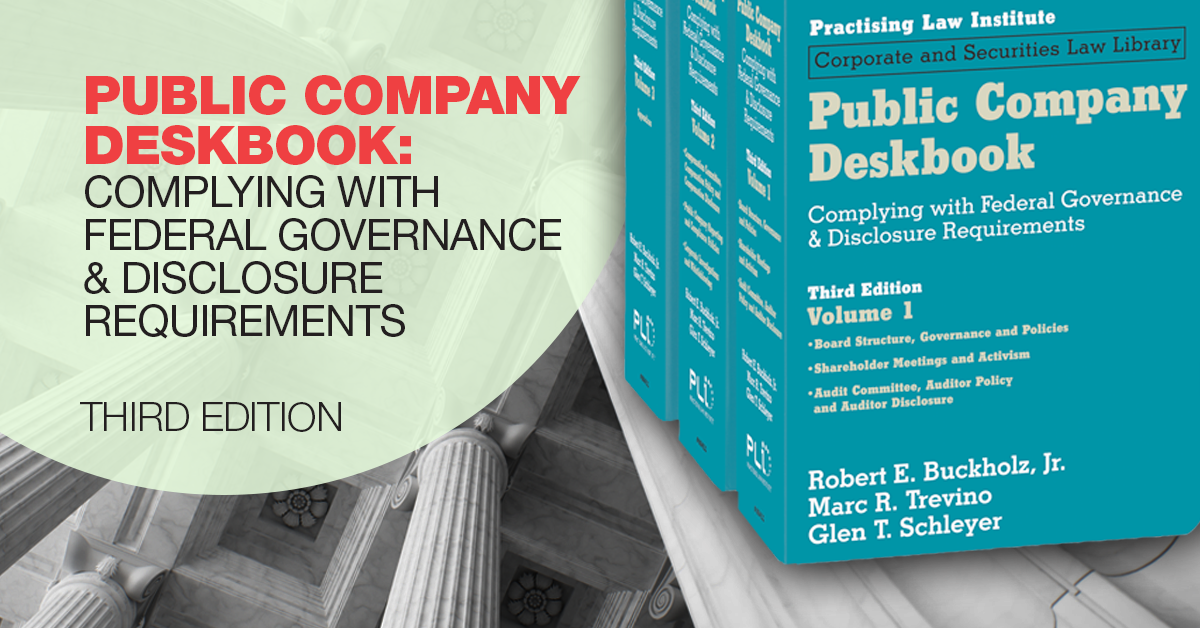 We have recently updated our treatise Social Media and the Law, which helps you understand the legal environment and mitigate the risks of using social media platforms.
We have recently updated our treatise Social Media and the Law, which helps you understand the legal environment and mitigate the risks of using social media platforms.
Social Media and the Law provides broad coverage of social media in a variety of legal contexts, including privacy, civil litigation, employment, criminal activity and prosecution, intellectual property, brand protection, defamation, advertising, and regulated industries. This release highlights recent new legislation, cases, and usage trends, as well as industry responses, by companies such as Facebook, Twitter, YouTube, and Google, to abuses of their services.
Several new sections have been added in this release, enhancing the comprehensiveness of the book:
Section 8:5, Consumer Review Fairness Act: This Act prohibits
non-disparagement clauses in consumer transactions, which some
companies had included to obligate customers to refrain from posting
negative reviews of the company, and to give the company the right to
impose a financial penalty for any violation of the clause.
Section 9:2.8, Revenge Porn: Thirty-eight states and the District of
Columbia have criminalized the practice of posting online revealing or
sexually explicit images or videos of a person, typically by a former
sexual partner, without the consent of the subject and in order to cause
the person distress or embarrassment.
Section 9:2.9, Performance Crimes: The posting of videos and live
streaming of criminal activities has escalated recently and become the
focus of great concern. The manner in which social media platforms
address such activities will be closely watched.
Section 9:2.10, Sex Trafficking: Human trafficking is prohibited
by both federal and state laws. The U.S. Senate Commerce Committee
has also recently approved a bill entitled Stop Enabling Sex Traffickers
Act of 2017 which would allow criminal and civil actions against websites
for “knowingly assisting, supporting or facilitating” sex trafficking
through the site.
In addition, throughout the book are updates on the many developments in this field that occurred in the last year or so, such as:
• Activity by the FTC against social media influencers for failing
to properly disclose associations with companies whose products
or services they endorse.
• FINRA’s new guidance on social networking websites and business
communications of regulated industries, allowing firms to
engage in native advertising that complies with FINRA Rule
2210, provided that unsolicited third-party comments posted on
a social network are not regarded by FINRA as communications
of the broker-dealer.
• Placement of social media advertisements by Russian-linked
firms with the aim to influence the 2016 presidential election,
and Facebook’s new approach to combat the effects of fake news.
• Recent class action employment lawsuits alleging violation of
Illinois’s biometric privacy law, largely based on the use of fingerprint-operated
time clocks.
• The FTC’s actions against TaxSlayer and Uber for security
breaches and inadequate customer privacy measures.
• Approval by the Uniform Law Commission of a model uniform
employee password protection statute, Employee and Student
Online Privacy Protection Act (ESOPPA), which has already
been introduced in three states.
• Recent amendments to Federal Rule of Evidence 902 that provide
additional guidance for parties seeking to authenticate social media
evidence.
• Impact of President Trump’s “tweetstorms”
The updated treatise is available on PLI PLUS, our online research database. If you’d like to order a print copy, please email libraryrelations@pli.edu or call 877.900.5291.


 PLI recently updated
PLI recently updated  We have recently updated our treatise
We have recently updated our treatise